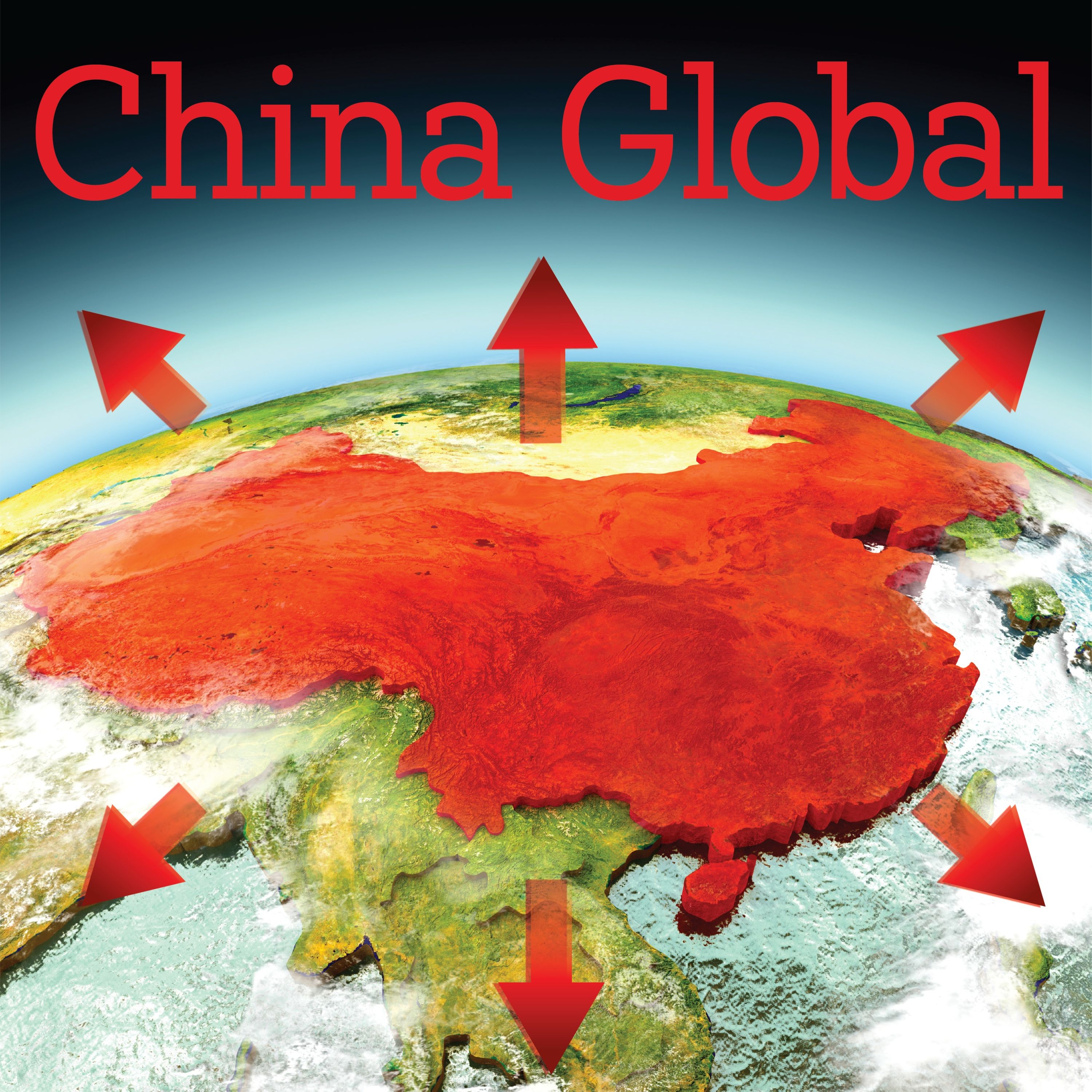
Deep Dive
- China's shift from reactive to proactive stance on climate change
- Xi Jinping's unilateral commitment to carbon neutrality by 2060
- China's use of administrative and command-and-control policies to achieve climate objectives
Shownotes Transcript
China is the world’s largest energy consumer and carbon emitter, accounting for one-third of global CO2 emissions. One of its biggest sources of emissions is coal, which plays a central role in China’s economy. At the same time, however, China is the world’s leading supplier of renewable energy, largely due to significant government investments in green technologies, including solar manufacturing, batteries, and minerals. In September 2020, China’s leader Xi Jinping announced the goal of achieving peak CO2 emissions before 2030 and carbon neutrality before 2060.” This ambitious pledge, if realized, will be an important step in global efforts to limit global warming.
In the past few years, the increasingly competitive and fraught relationship between the United States and China has spilled into the climate domain, threatening the potential for both countries to work together to address climate change. That is the topic of a recent commentary co-authored by Margaret Pearson and Michael Davidson. The paper is titled, “Where are the US and China on addressing climate change?”, and it can be found on the Brookings Institution website. In this episode of China Global, host Bonnie Glaser speaks with one of the authors, Michael Davidson, who is an assistant professor at the School of Global Policy and Strategy and the Mechanical and Aerospace Engineering Department of the Jacobs School of Engineering at the University of California San Diego.
Timestamps
[01:57] China’s Approach to Addressing Climate Change
[04:26] Considerations Behind China’s Climate Policy
[07:37] Doubling Down on Coal Domestically
[10:34] Evaluating China’s Progress Toward Carbon Neutrality
[14:42] Security and China’s Climate Change Policy
[19:13] China’s International Climate Cooperation
[22:45] US-China Working Group on Enhancing Climate Action
[30:27] The Green Belt and Road Initiative